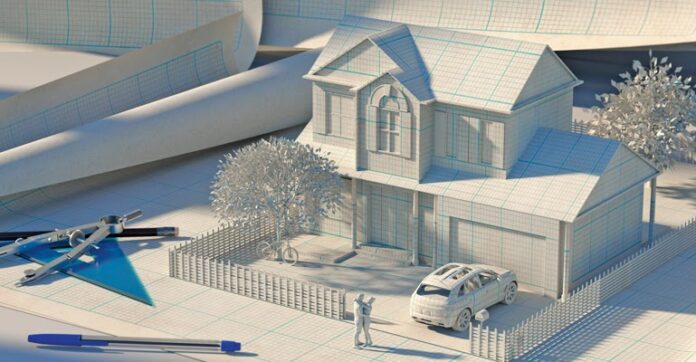It’s common to question how financing works for large-scale projects like building a new house or doing extensive repairs. For this goal, construction loans have been created, with many characteristics that aid borrowers during the building process.
Where can I acquire money for building projects?
Obtaining a construction loan is more complicated than that of a typical home loan. Additionally, the construction lenders will need to view all of the documentation about your construction project, in addition to the contract, council-approved plans, and proof of your builder’s insurance. Extra contracts for other construction should also be provided, such as roads, fences and pools.
As part of the construction loan application, a registered valuer evaluates the property (as if completed). Typically, this sum will include the worth of the land and the value of the structure. When assessing the ultimate value, valuers also consider several other essential considerations.
How much deposit do I need for a building loan?
Most lenders will let you borrow up to 95 percent of the value of your home, depending on where you live. A 20% down payment is not required, although Lenders’ Mortgage Insurance (LMI) may be required. Before any loan funds are disbursed, your contribution will be paid to the builder or contractor.
A construction loan is financed through a series of drawdowns.
The value of the finished job is denoted by the issuance of five stages of progress payments. Each progress payment will be detailed in your building contract, together with the amount that must be paid at each location. Your lender will check this information to see whether it meets their requirements for building loans and the lending rules they have in place.
The following are possible steps:
- Add to one’s bank account (paid by you)
- The first or bottom layer
- Frame
- Lock-up
- Fixtures
- Completion of the task.
You’ll receive an invoice for each progress payment from your lender, which you’ll need to provide them. They’ll run the necessary checks, take money out of your account, and then pay your contractor or builder. Each time you withdraw money from your account, your construction lenders may charge you a fee.
Before the final progress payment is released, a valuer usually is present to certify that the estimated valuation of the property is accurate. You may need to review your financing if you make alterations or modifications to your project that increase the contract price and don’t have the means to pay for it.
How do I know how much money I’ll have to pay back at the end of the project?
When borrowers’ loan is still in the drawdown phase, they are obligated to pay interest. Only the money that has been withdrawn will be subject to interest charges. For as long as you’ve got the money, you’ll be paying monthly principal and interest payments.
You may have to pay a higher interest rate on the construction loan because it is interest-only during the building process. As soon as your loan proceeds to maturity, we’ll reevaluate your options to make sure you’re getting the best deal possible.
Whom can I apply for government rebates/schemes?
For new construction, many government-funded incentives are available.
It has recently been extended until March 31, 2021, as part of the government’s economic response to the coronavirus outbreak. A $15,000 grant is available for new construction or significant modifications. Property value and income limits are among the conditions that must be met in order to qualify.
In most states and territories, first-time homebuyers are eligible for an incentive payment to build a new house. Initial payment may be made as part of a loan drawdown.
























